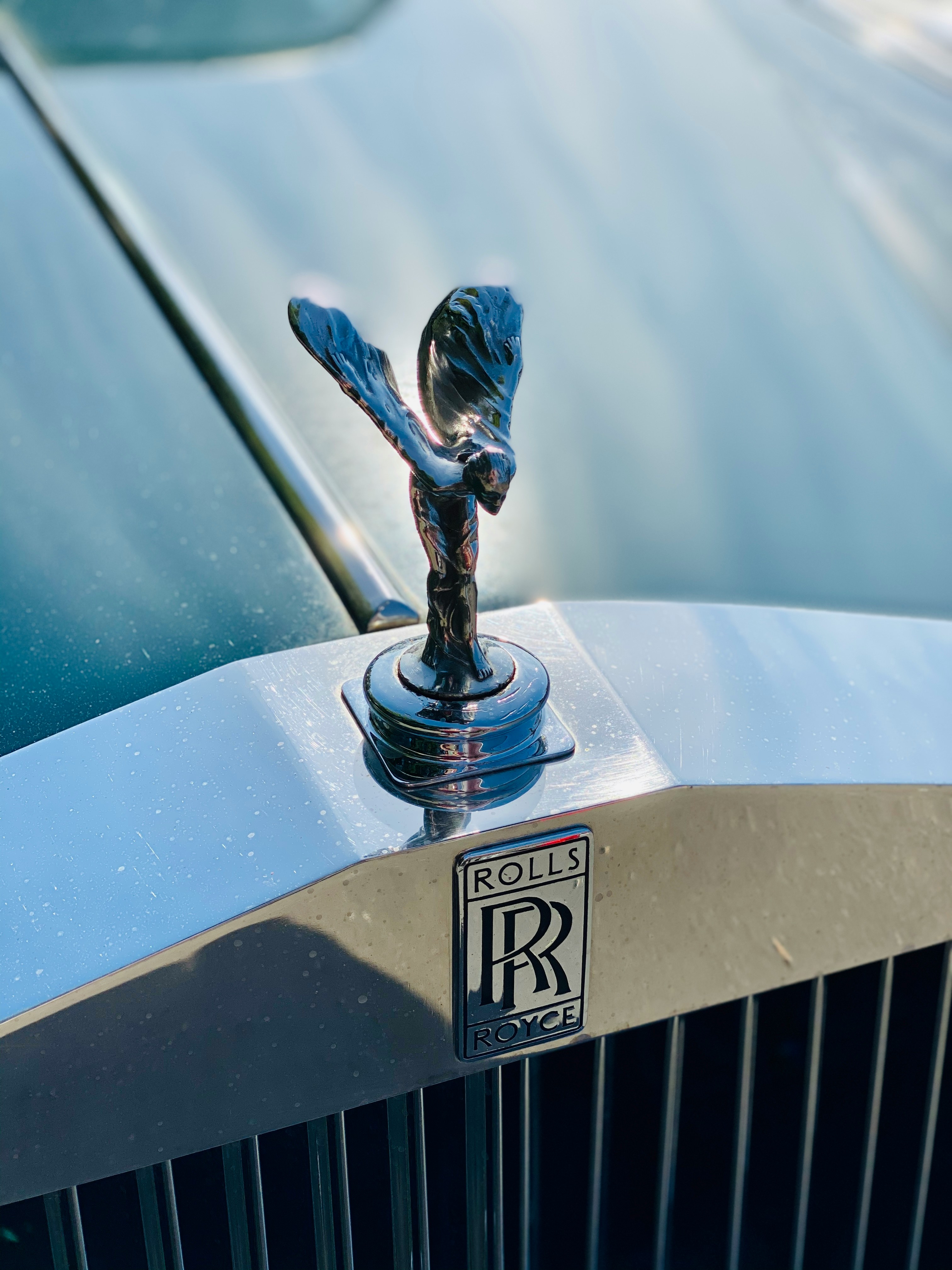Visa Stock Analysis: Is Visa a Strong Opportunity Ahead of Q4 Earnings?
$325.48
28 Jan 2026, 19:25


Rolls-Royce is investing over £300 million to expand its Goodwood factory and global headquarters. This significant investment is aimed at increasing the production of bespoke, highly customised luxury cars to meet rising demand from the super-rich. This move reflects the growing demand for personalised luxury cars, allowing Rolls-Royce to maintain its position as a leader in the high-end automotive market and will secure jobs for its 2,500 workers and support long-term business growth. The company’s UK-based workforce is also supported by a supply chain of over 7,500 people.
Growth in Bespoke Orders and Sales
In 2024, Rolls-Royce sold 5,712 cars, slightly down from 6,032 units in 2023. However, the total revenue saw an increase thanks to a rise in bespoke car orders. These highly customised vehicles, which include unique features like hand-stitched interiors, one-off artworks, and even holographic paint, come at a premium price, contributing significantly to the brand’s profitability. The value of each bespoke commission often far exceeds that of standard models.
Luxury Cars for the Ultra-Wealthy
While Rolls-Royce sells far fewer cars than mass-market manufacturers, the brand operates in a rarefied luxury segment. Its cars, such as the Ghost (£250,000+) and the Cullinan SUV (£340,000+), cater to an exclusive market of ultra-wealthy customers. These customers are willing to pay a premium for tailor-made cars that offer both exclusivity and exceptional craftsmanship.
Rolls-Royce’s Electric Future and the Transition to EVs
As part of the UK’s plan to phase out petrol and diesel car sales by 2030, Rolls-Royce is preparing for an electric future. The company has already developed its first all-electric model, the Spectre, and is on track to become fully electric in the coming years. While Rolls-Royce’s CEO, Chris Brownridge, did not confirm whether the company would continue producing combustion-engine cars after 2030 and Rolls-Royce will still be able to produce combustion-engine cars for international markets, depending on demand and future regulations.
Challenges in Global Markets
Although Rolls-Royce faces challenges in key markets like China, where demand has slowed, the brand remains resilient. Additionally, Rolls-Royce is less reliant on the US market, despite potential tariff changes, as its clients typically have higher price elasticity than mass-market consumers.
Stock Movement
Rolls-Royce is well-positioned to maintain its status as a leader in the luxury car market for years to come. The company closed 1.2% up on the markets today with analysts predicting steady growth throughout the year.
Source: bbc.co.uk